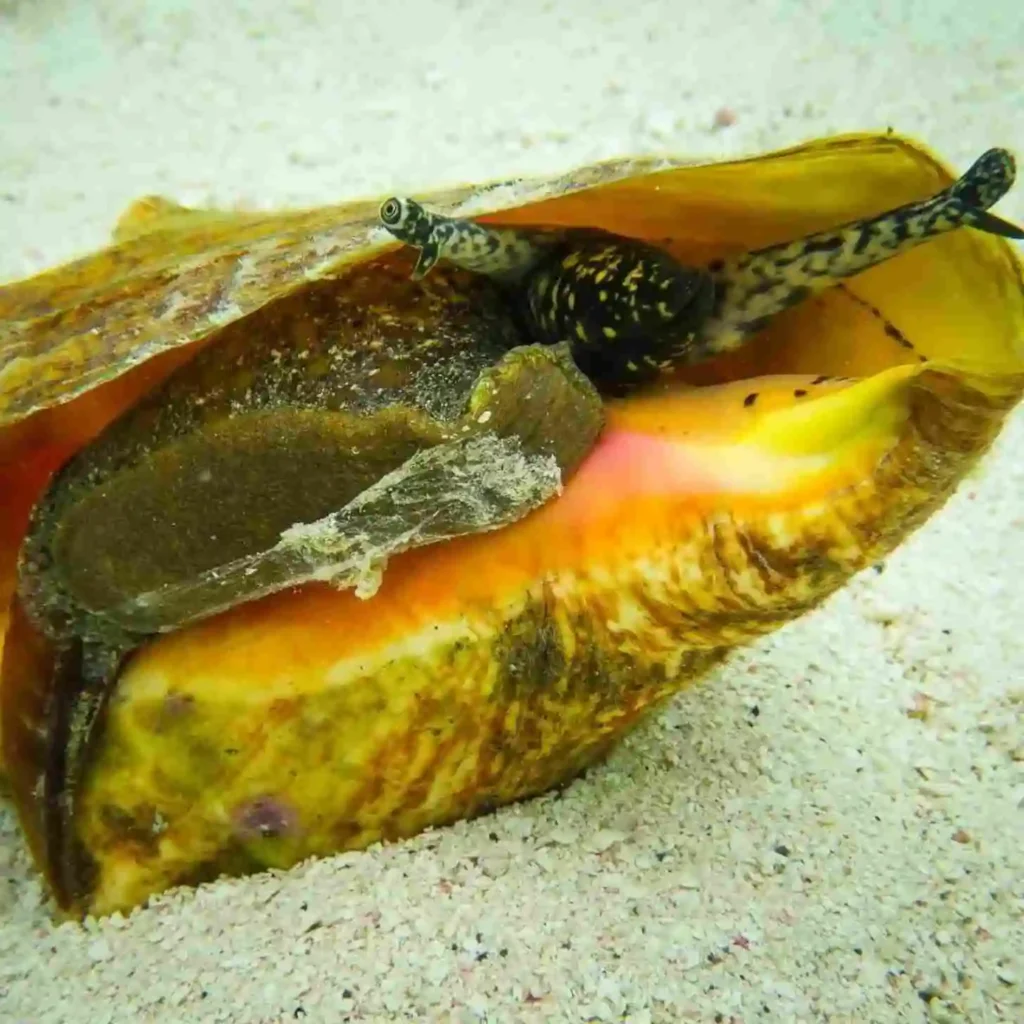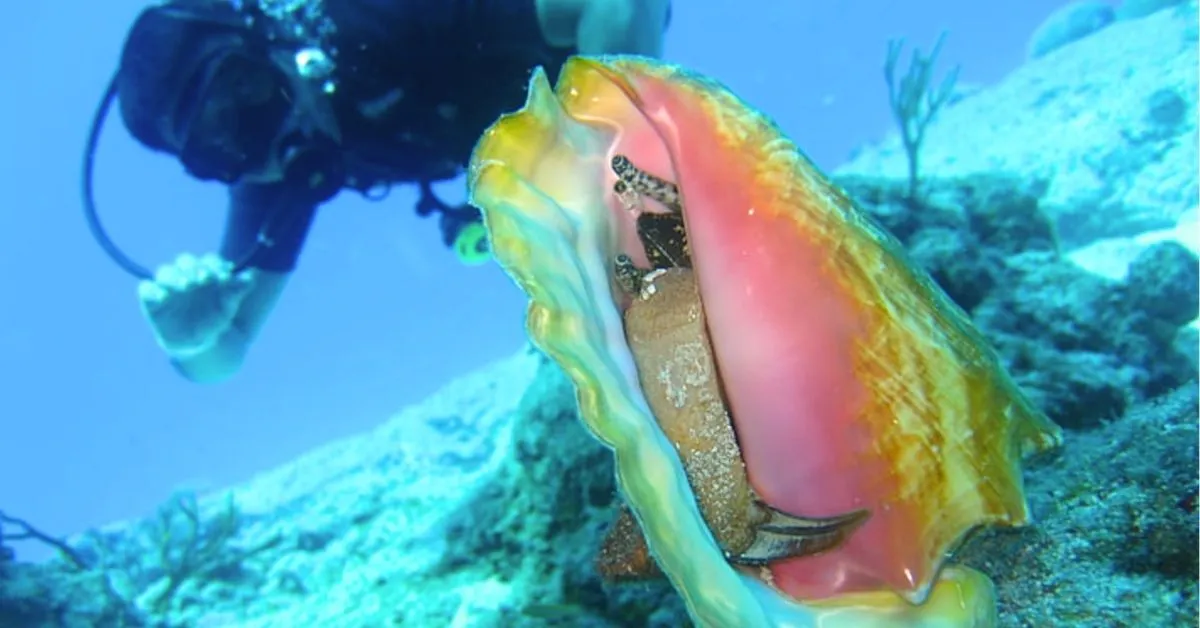Speed Dating for Shellfish: Florida’s Innovative Approach to Saving the Queen Conch
A new twist in wildlife conservation has emerged in the Florida Keys, where conch specialists at the Florida Fish and Wildlife Conservation Commission (FWC) are taking matchmaking to the next level. Their mission? To save the endangered queen conch sea snail through an unconventional “speed dating” program.
The Struggle of the Queen Conch
Over the past decade, queen conchs have faced severe threats from illegal fishing, ocean acidification, and a significant issue—lack of social interaction. “Nearshore conchs are destined for a life of celibacy,” explained Gabriel Delgado, a research scientist and conch specialist at the FWC. “We’re trying to fix that.”
The primary challenge? Extreme water temperatures have been keeping these conchs from finding mates. “In the shallow waters, it’s too cold in the winter, OK in the spring, and too hot in the summer,” Delgado noted. This temperature fluctuation forces the conchs to prioritize survival over reproduction, impeding their development and mating opportunities.
Introducing “Speed Dating” for Conchs
To address the conchs’ social dilemma, Delgado and his team launched a novel initiative this summer: “speed dating for shellfish.” The program aims to enhance conch interactions by relocating them to cooler waters, providing a more comfortable environment for mating. “It’s like saying, ‘Hey folks, you’re having trouble meeting another conch, so here are more to the party,’” Delgado joked.
Climate Change and Its Impact

The rapid decline in queen conch populations is closely linked to climate change. Global sea surface temperatures have been consistently higher over the past three decades, and Florida has felt the impact. Last year, water temperatures in Manatee Bay reached a staggering 101.1 degrees Fahrenheit, resembling a “hot tub” rather than a marine habitat.
A Mission of Relocation and Revival
In response to these threats, FWC undertook a major operation this past summer, tagging and relocating 208 conchs from the heart of the Florida Keys to cooler offshore reefs further north. This strategic move aims to awaken the conchs from their lethargy and expand their mating opportunities.
The task of moving over 200 conchs was no small feat. Each queen conch can grow up to 12 inches long, weigh five pounds, and live for over 30 years in a healthy environment. The FWC enlisted community volunteers and public reports to successfully gather and relocate the conchs.
Early Signs of Success
While it will take up to a year to fully assess the program’s success, early signs are promising. When the team revisited the reef in mid-August, the relocated conchs were found to be staying close to one another. “So far, things are going as expected,” Delgado reported. “Next, we’ll record who is mating and laying eggs.”
A Collaborative Effort for Conservation
Andrew Walker, president and CEO of the FWC, highlighted the broader impact of this innovative approach. “Helping the queen conch bounce back will increase the health of Florida’s coral reef,” he said. “It’s a creative solution that leverages a partnership between citizen volunteers and scientists to help a protected species find their shell-mate.”
